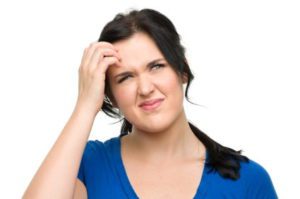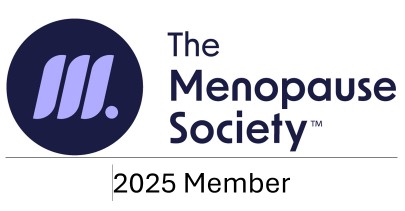BHRT for Women

What is Menopause?
Menopause is not a single point in time when the ovaries are switched off for good, but occurs in stages over the span of a woman’s reproductive life. It’s a transition that begins and ends with female fertility, and in the process, reshapes the way we think, feel, and act.
Pre-Menopause
(The PMS Years)
Women in their 30’s should have fairly regular cycles, but increasingly, younger women do not ovulate regularly. Linked to extremes in exercise and stress, dieting, toxins and contraceptive use, many young women suffer from a myriad of symptoms of PMS, or more serious disorders like endometriosis and infertility. Severe symptoms in these years may be seen as a warning sign of hidden hormone imbalance, well before the end of periods.

Peri-Menopause
(The Roller Coaster Years)
In the years approaching menopause, women start to have erratic cycles as estrogen and progesterone levels fluctuate between highs and lows, dozens of times a day. This hormonal roller coaster takes a women on a wild ride through life in ‘The Menopause Zone’. Now is the time when search for symptom relief through hormone replacement therapy begins in earnest.
Post-Menopause
(The Progesterone-Poor Years)
Once a woman has gone at least 12 months without a period she is said to be officially in menopause. At this point, estrogen levels have dropped approximately 40 to 60%; but without ovulation, progesterone output drops to nearly zero. Contrary to the notion of menopause as an ‘estrogen deficiency disease’, it is often marked by too much estrogen relative to progesterone. Defined by John Lee, M.D. as ‘estrogen dominance,’ this is a hallmark imbalance of menopause.

Symptoms
For many women there is a tremendous void in treatment of menopause symptoms. Hot flashes and mood swings are just the tip of the iceberg. One of the earlier signs and symptoms of estrogen deficiency is frequent waking at night. These sleep disturbances are one of the earliest symptoms of beginning hormonal deficiency. Many others are present, including such things as mental ‘fogginess’. A woman’s short-term retention many be dwindling and her concentration and focus isn’t as good as it used to be. Frequently, women may experience some loss of energy, to the point that they actually slide into symptoms of chronic fatigue. In addition, women may experience some mood swings and irritability, and at the extreme may actually develop feelings of depression.
With the loss of energy and chronic fatigue, we also find ourselves unable to exercise as much as we have in the past, or to recover as quickly when we do exercise. We find ourselves sliding into increasing weight gain in spite of attempts at exercising. One that is not so frequently discussed is the loss of sexual drive or lack of libido. Not only is our energy level and sense of well-being diminishing, but anticipation and enjoyment of sexual activity is waning as well
Don't Settle
Unfortunately, many times these symptoms are simply attributed to normal aging, or depression. Often, patients leave the physician’s office frustrated, without hope, and with a prescription for an anti-depressant. For many physicians, it is assumed when we eradicate hot flashes and night sweats, we have alleviated the menopausal syndrome. Dr. Mirabile and his team can restore the normal balance of estrogen, progesterone, testosterone and DHEA.

Why Use Bio-Identical Hormones?
Bio-identical hormones have been used by women for decades. In well-known medical journals, researchers have reported that the bio-identical hormones estrogen, testosterone, progesterone, and DHEA are just as safe as synthetic hormones and have more positive impacts on some diseases like osteoporosis, decreased libido, poor cognition and depression. We provide both bio-identical and synthetic hormone therapy. Delivery methods for women include creams, troches, pills, injections and SottoPelle pellet therapy.

